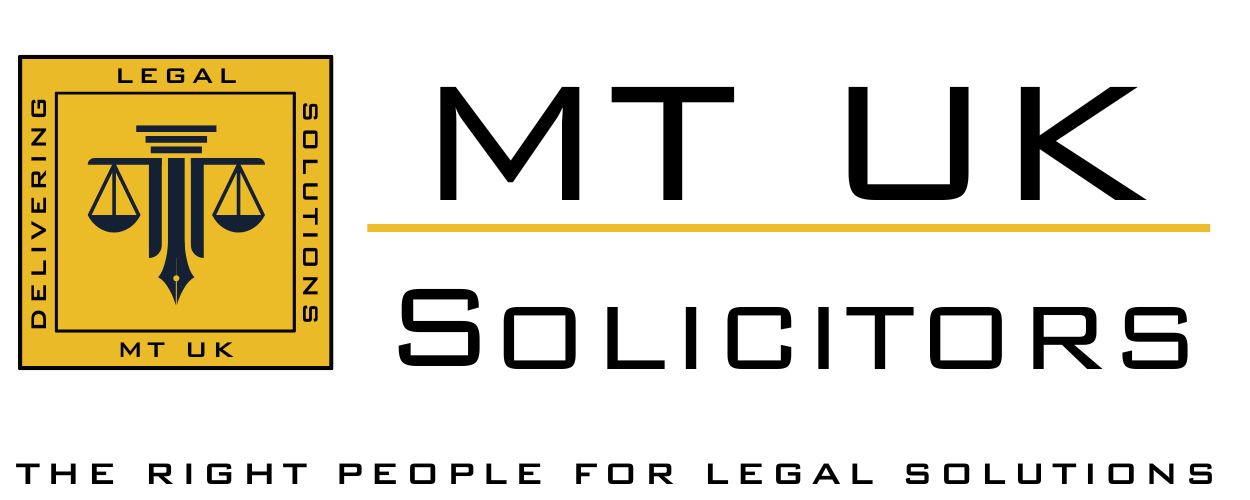By Bianca Castro >>
(10 January 2025)
Journalists and legal bloggers will be able to report on cases in any family court in England and Wales following a decision by the Family Procedure Rule Committee announced this week.
Changes to the procedure rules and new practice directions will mean journalists will be able to report on what they see and hear whilst attending any family court if a transparency order is granted. As a result of the change, which takes effect from Monday 27 January, there will be a presumption that a transparency order, protecting the anonymity of children and the family, is granted unless there is a legitimate reason not to.
The changes have been approved by the Ministry of Justice.
The reporting pilot started in January 2023 in Cardiff, Leeds and Carlisle following president of the Family Division Sir Andrew McFarlane’s transparency review. It was eventually extended to cover nearly half of the family courts in England and Wales in January 2024.
There have been no known breaches of anonymity in reporting under the pilot.
The landmark transparency pilot was extended to private law cases in July 2024 and, in November last year, was further rolled out to include public and private law cases before magistrates within the 19 pilot areas.
The pilot introduces a presumption that media and legal bloggers may report on family court cases. Under a transparency order, issued by the court when a journalist attends, reporting is permitted. Interviewing and quoting parties in a family law case is also permitted and journalists are entitled to certain court documents while adhering to anonymity conditions set out in the transparency order.
Implementation of the reporting pilot to the remaining courts will follow the same stepped arrangements as the initial pilot, starting with public law cases, then private law cases and magistrates.
In McFarlane’s 2021 transparency report, he said: ‘The present system in the family court whereby a journalist may attend any hearing but may not always report what they observe, is not sustainable. I have reached the conclusion that there needs to be a major shift in culture and process to increase the transparency in a number of respects.’
(Courtesy: The Law Scoiety Gazette)








